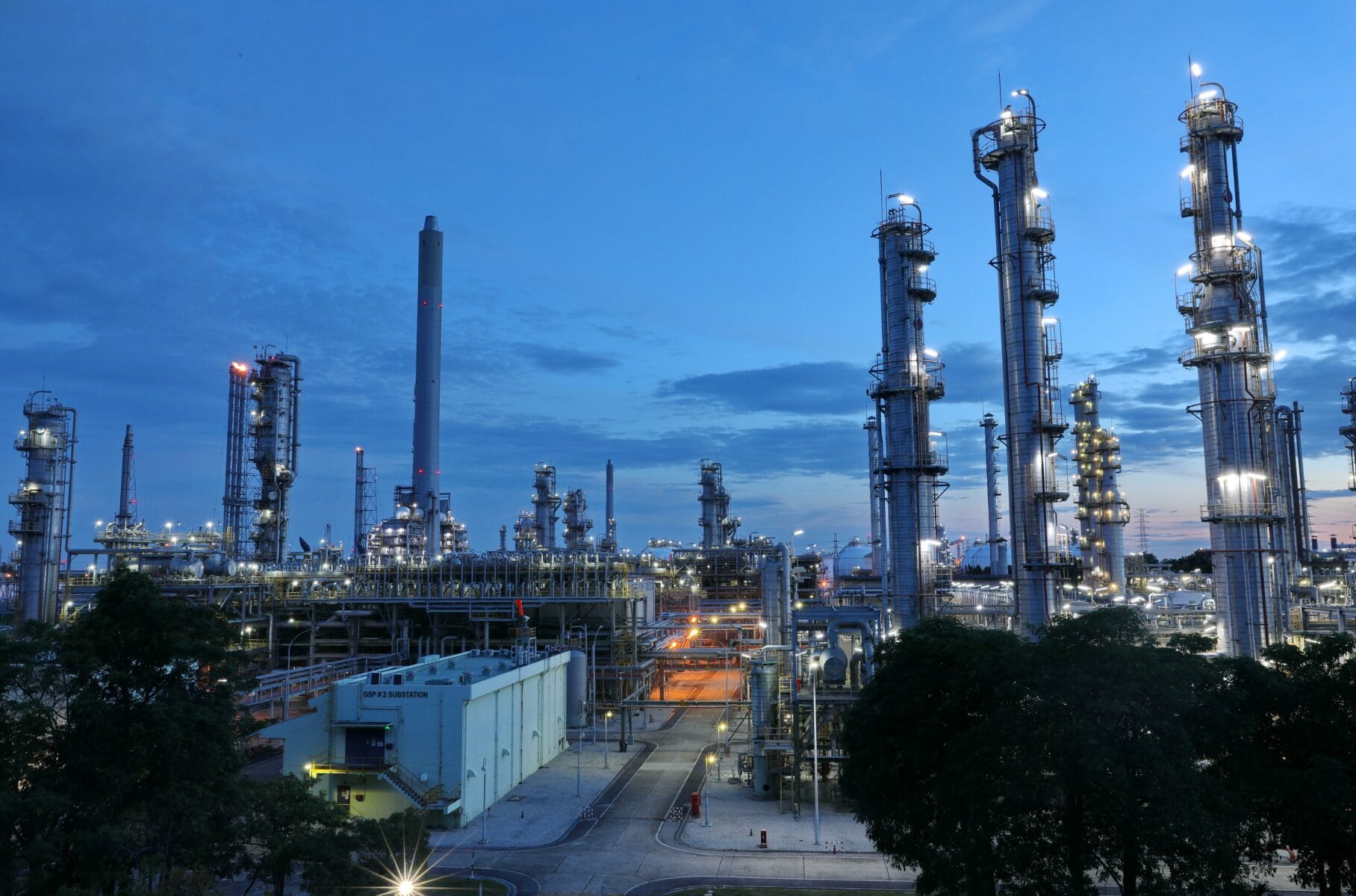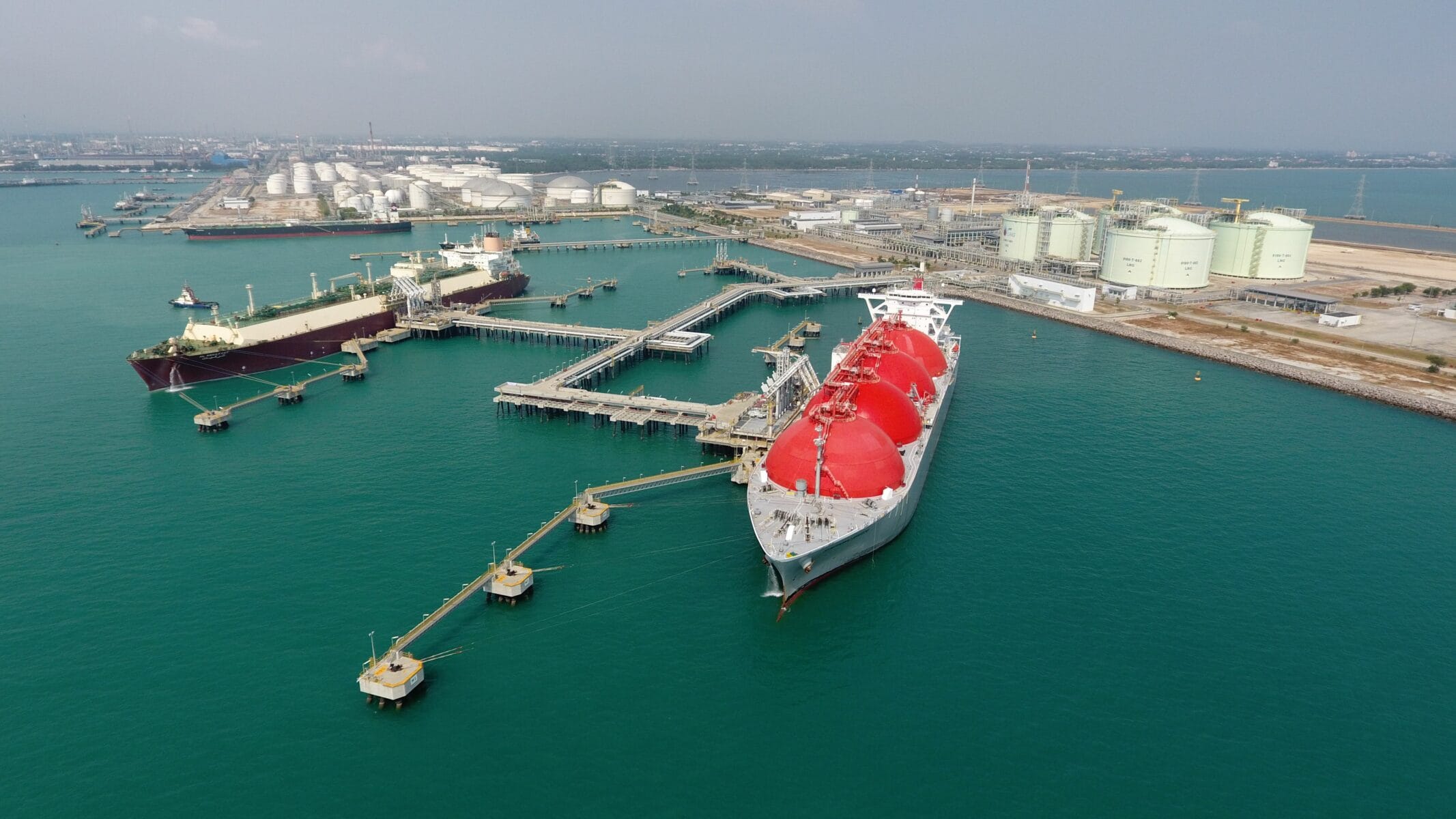This article was originally published in the Brand Finance ASEAN 500 2024 and Brand Finance Thailand 50 2024 report.
With a brand value of USD8.3 billion and an AAA- brand strength rating, the company ranks as the fourth most valuable brand in our ASEAN 500 2024 report. Read more about PTT's vision for sustainable growth as the company's Chief Executive Officer & President, Kongkrapan Intarajang, shares his insights.
Interview with Kongkrapan Intarajang

Chief Executive Officer & President
Congratulations on assuming the office of CEO recently. Can you share with us
your thoughts on taking PTT’s brand forward, in line with your leadership direction?
PTT's new vision, “Together for sustainable Thailand, sustainable world,” embodies clear intentions. “Together for sustainable Thailand” and “sustainable world” emphasize on achieving “sustainable” growth through balanced sustainability, encompassing the economy, performance, social responsibility, and environment.
As Thailand's national energy company, PTT prioritises fortifying energy security by:
- Conducting business sustainably, maintaining ESG balance, and creating growth while reducing GHGs. This includes supporting Thailand's economy and uplifting society, SMEs, and overall economy.
- Making strategic investments that benefit both PTT and Thailand, adapting to global changes, and venturing into new opportunities while divesting from non-performing businesses.
- Ensuring transparency and diligent corporate governance to instill confidence.
- Fostering collaboration within the PTT Group to strengthen business vigour.
This vision, with its aligned management principles, ensures PTT remains a strong, world-leading organisation, enhancing its reputation globally.

PTT lays claim to the distinction of being the only Thai brand listed among the world’s most valuable brands in our rankings this year. It is also Thailand’s most valuable brand for the fourth consecutive year. How has the brand adapted to emerging trends and technologies, and how has this influenced PTT’s brand positioning in the market?
In a fast evolving landscape, PTT faces challenges that compel it to reassess its strategies. In 2024, a “refocus” on strategy was conducted by going “back-to-basics” to the Hydrocarbon Business – PTT’s incumbent strength, but with a renewed focus on climate change and energy transition.
Growth in the hydrocarbon business must occur in tandem with greenhouse gas reduction, with Hydrogen and Carbon Capture and Storage (CCS) playing a major role in supporting Decarbonisation for the Group. This provides the opportunity to transform PTT’s fundamental businesses, very essential to Thailand’s economic strength, making them competitive in the long term.
Concurrently, non-hydrocarbon businesses have undergone strategic reviews amidst intense competition and evolving markets. PTT has chosen to invest in attractive businesses with “right-to-play”, where PTT has inherent strength, strong partners, or clear profit-generating schemes.
Furthermore, strategies were developed to enable the organisation to be leaner. Digitalisation is utilised to enhance operational efficiency and encourage employees to be ready for change.
Though rooted in Thailand, PTT can expand globally by refining strategies and fostering transparent communication, elevating its global position, trust, and integrity.

How does PTT's sustainability strategy align with its business goals, and what specific actions is the company taking to achieve its net zero emissions target by 2050?
PTT accentuates sustainability in its businesses, integrating sustainability with ESG balance into business practices aligned with the UN’s Sustainable Development Goals.
PTT has targeted Net Zero in 2050 and, through active internal coordination, is engaging our Sustainability Framework to map out clear roles, utilising key strengths of each company in the Group, and unifying them toward the achievement of sustainability goals.
The PTT Group can achieve Net Zero through 3 approaches:
- Climate-resilient business: Tailoring investment portfolios and business infrastructure to achieve carbon reduction and business growth.
- Carbon-conscious assets: Improving efficiency through technology, energy consumption reduction, and increasing utilisation of alternative/clean energy such as hydrogen.
- Coalition, co-creation, and collective efforts for all: Coordinate and collaborate with stakeholders as the country’s core entity in the development of infrastructure and greenhouse gas reduction technology. Conduct carbon crediting utilising CCS technology and augmenting CO2 absorption through natural methods.
PTT is unwaveringly committed to ensuring energy security for Thailand and is ready to usher Thailand towards the Net Zero target


